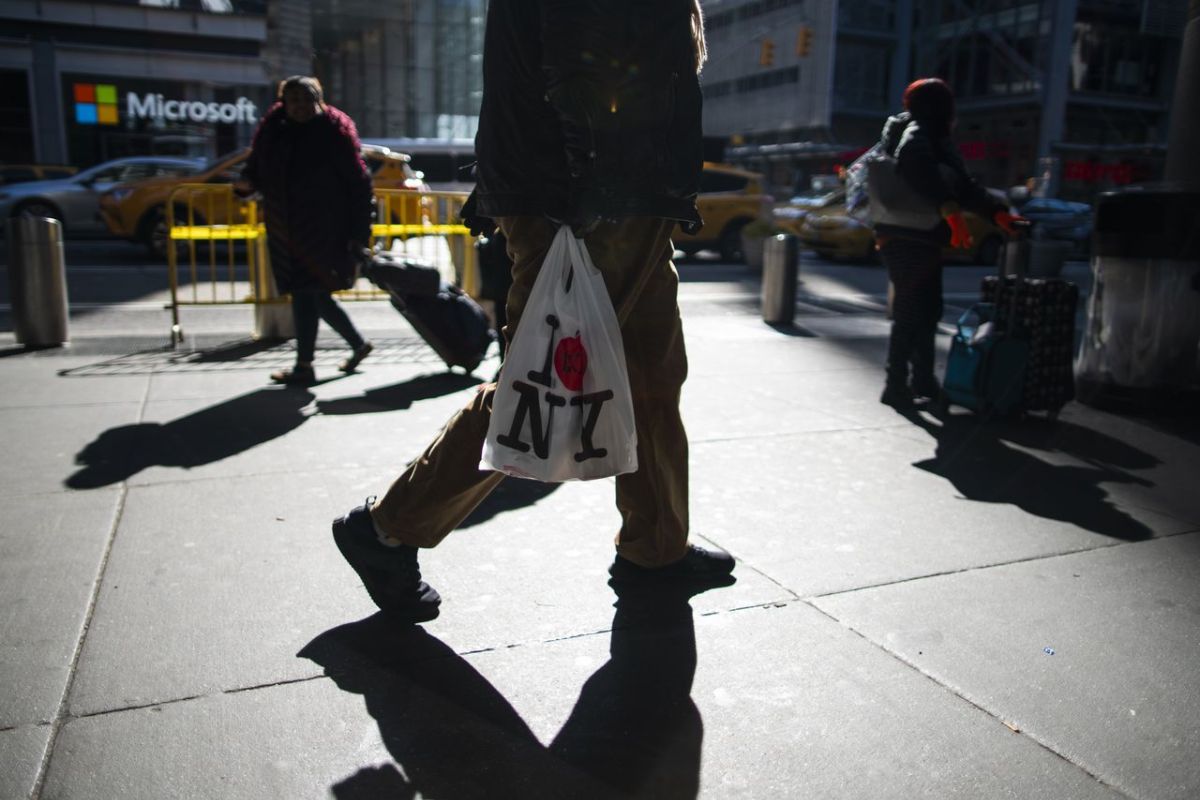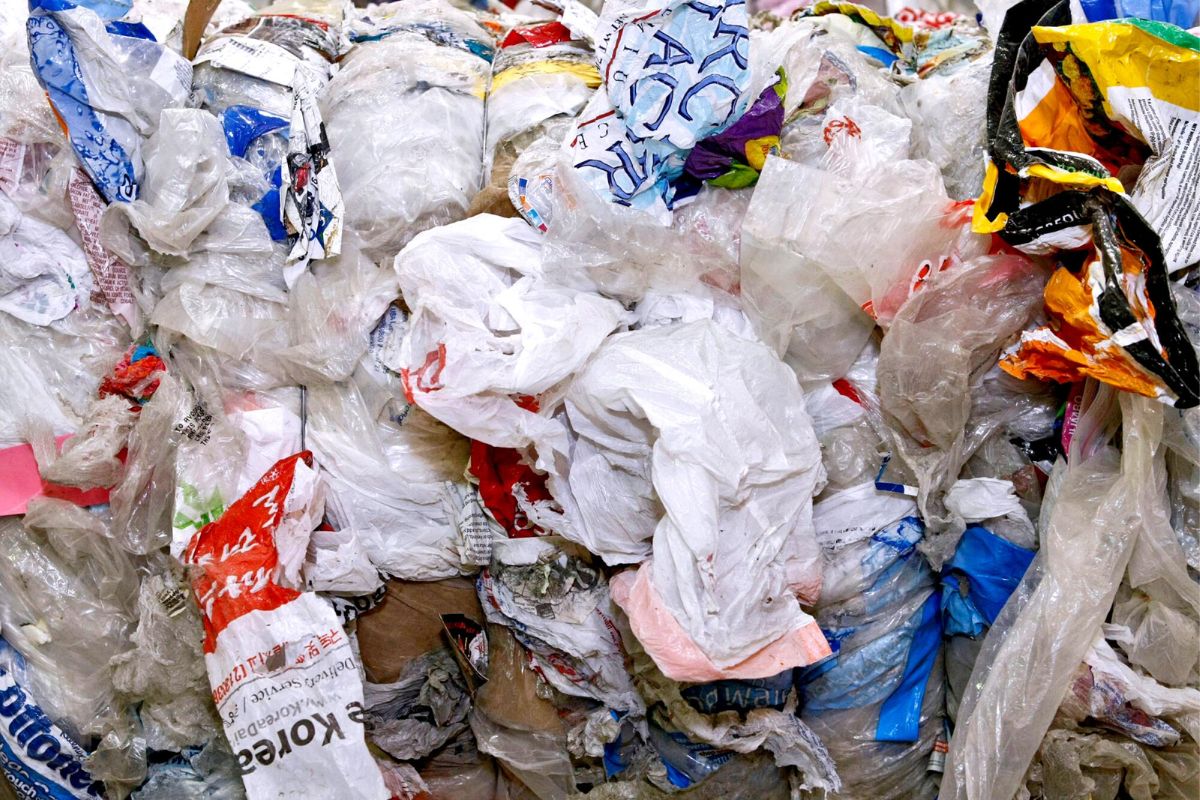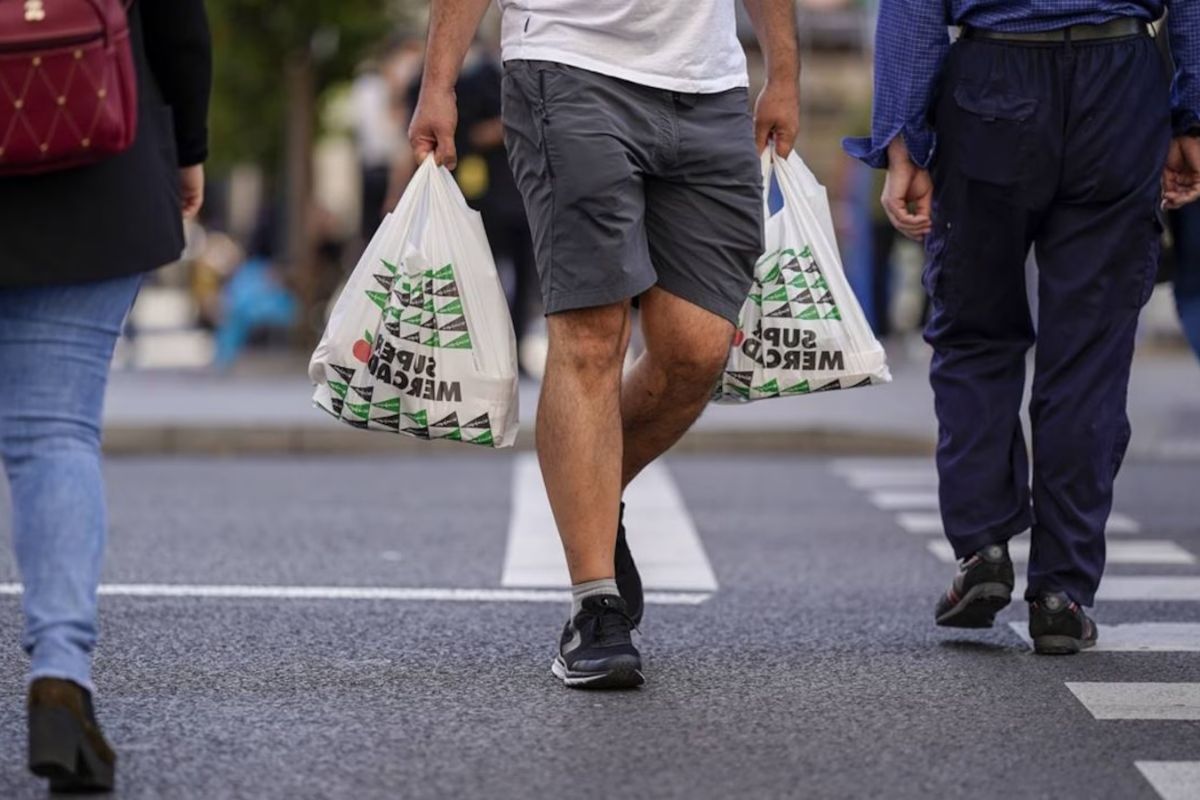National Plastic Bag Bans: In the realm of national plastic bag bans, successes have been celebrated, but surprising setbacks have also emerged. From coast to coast, the impact of these bans has sparked debates and prompted actions. As you consider the intricate web of consequences, both intended and unforeseen, you may discover a narrative that is far from black and white. Stay tuned as we uncover the complexities and nuances that shape the evolving landscape of plastic bag regulations.
Key Takeaways
- Plastic bag bans effectively reduce pollution and protect wildlife.
- Challenges include economic impacts on small businesses and consumer debate.
- Enforcement, education, and innovation are vital for ban success.
- Balancing environmental benefits with practical solutions is crucial for continued progress.
Plastic Bag Bans and Environmental Impact
Plastic bag bans have made a significant impact on the environment by reducing the harmful effects of plastic waste. These bans have been a crucial step in combating the pollution caused by plastic bags, which can take hundreds of years to decompose. By eliminating single-use plastic bags, communities have seen a decrease in litter on streets, in oceans, and in landfills. This reduction has led to cleaner environments and protected wildlife, as animals are less likely to ingest or become entangled in plastic bags.
Moreover, the bans have raised awareness about the importance of sustainable practices and encouraged the use of reusable alternatives like cloth or paper bags. This shift in consumer behavior has not only decreased plastic waste but has also promoted a more eco-friendly mindset nationwide. By choosing reusable bags over plastic, individuals have actively participated in preserving the environment for future generations. The impact of plastic bag bans on the environment showcases the power of collective action in addressing environmental issues.
Also Read: California Electric Vehicle Gamble Green Future or Costly Bet?
Origin and Growth of Plastic Bag Bans
As environmental concerns heightened due to the widespread use of plastic bags in the early 2000s, the movement to ban these non-compostable items began to take root, starting with San Francisco’s groundbreaking initiative in 2007. Introduced in U.S. grocery stores in 1979, plastic bags had become ubiquitous by the 2000s, prompting a shift towards more sustainable alternatives. The momentum continued to build, leading California to enact a statewide ban in 2016, setting a precedent for other states to follow suit. By 2023, numerous states had implemented similar measures, reflecting a growing awareness of the detrimental impact of plastic bags on the environment.
The origin and growth of plastic bag bans signify a significant shift in consumer behavior and legislative action, highlighting the power of grassroots movements in addressing environmental challenges. From the initial concerns raised in the early 2000s to the widespread adoption of bans across the country, the journey towards reducing plastic waste has been marked by progress and collaboration. The evolution of plastic bag bans serves as a testament to the collective effort required to combat environmental degradation and promote sustainability.
Effectiveness and Compromises of Plastic Bag Bans
In evaluating the impact of plastic bag bans, consider the balance between effectiveness in reducing single-use plastic consumption and the compromises that can dilute the intended outcomes. While plastic bag bans have shown success in curbing single-use plastic usage, certain compromises can hinder their effectiveness. One common issue is the availability of thicker reusable plastic bags as alternatives to banned thin bags. This can lead to unintended consequences, as consumers may simply switch to these thicker bags, which still contribute to environmental harm. Additionally, some laws may have loopholes that allow certain stores or industries to continue distributing plastic bags freely, undermining the ban’s purpose.
To ensure the effectiveness of plastic bag bans, it is crucial to address these compromises and loopholes. Implementing clear guidelines, educating consumers on sustainable alternatives, and consistently enforcing the ban can help mitigate these challenges. By staying vigilant and making necessary adjustments, plastic bag bans can continue to make a positive impact on reducing single-use plastic consumption.
Mixed Outcomes and Backlash
Amid the implementation of plastic bag bans, the outcomes have been a mixed bag of results, sparking both support and opposition within communities and industries.
- Reduction in Plastic Waste: Many communities have seen a significant decrease in plastic pollution since the bans were implemented, leading to cleaner streets, beaches, and waterways.
- Economic Challenges for Small Businesses: Some smaller retailers have faced difficulties adjusting to the ban, as they struggle to find affordable alternatives to plastic bags, impacting their operational costs.
- Public Debate and Controversy: The bans have stirred up debates among consumers, with some praising the environmental benefits while others criticize the inconvenience of carrying reusable bags or the potential health risks associated with reusable alternatives.
Navigating the mixed outcomes and backlash of plastic bag bans requires a delicate balance between environmental concerns and socio-economic impacts. As communities grapple with these challenges, finding solutions that address both sides of the issue will be crucial for the success of future sustainability initiatives.
Addressing Challenges and Future Solutions
Navigating the complexities of plastic bag bans requires a strategic approach towards addressing challenges and devising future solutions that balance environmental concerns with practicality and consumer needs. Efforts are underway to strengthen existing laws and close loopholes to make the bans more effective. In California, proposals are being discussed to eliminate the sale of thicker bags, promoting the use of 100% recycled plastic bags or reusable alternatives. This shift aims to encourage sustainable practices while ensuring that consumers have convenient options available to them.
The ongoing debate surrounding plastic bag bans underscores the importance of finding solutions that work for both the environment and the people. By focusing on innovation and collaboration, policymakers can develop strategies that not only reduce plastic waste but also meet the needs of consumers. As we move forward, it is crucial to remain open to new ideas and approaches that strike a balance between environmental sustainability and everyday convenience. Together, we can work towards a future where plastic pollution is minimized, and reusable alternatives become the norm.
Conclusion Of National Plastic Bag Bans
As national plastic bag bans continue to be implemented, it is evident that they have had both successes and setbacks. While these bans have helped reduce plastic pollution and promote sustainable practices, challenges such as backlash from consumers and lack of alternative options still persist. Moving forward, it is crucial to address these challenges and work towards finding innovative solutions to ensure the continued success of plastic bag bans in protecting our environment.



